
The Real Warren Buffett
Managing Capital, Leading People
Recommendation
A sentence crafter happily at work, James O’Loughlin imparts clarity with literacy. On the rare occasion that his industrious research does not find just the right quote from Buffett or Munger (chapters average 90 footnotes), he uses their favorite metaphors from sports and life. This is excellent writing that falls short only on prophesy and damnation. Buffett must pass Berkshire on to an heir in the next decade, but exactly who might follow him is given short shrift. How this unknown magician might cope with Munger (too old to be an heir) is avoided carefully. The manuscript was begun before September 11, 2001, created insurance chaos, but O’Loughlin doesn’t elaborate upon it, beyond suggesting that chaos benefits Buffett - whose main float derives from super catastrophic insurance and reinsurance. getAbstract recommends this volume highly - along with getting to know the Real Buffett, you will learn a tidy amount about economics.
Summary
About the Author
James O’Loughlin, a resident of Wirral, England, is investment manager and head of global equity strategy for the $36 billion (at press time) Cooperative Insurance Society.







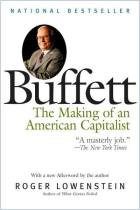
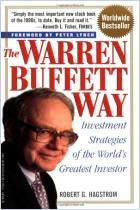
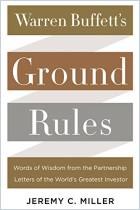
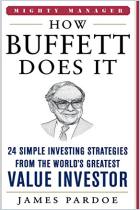

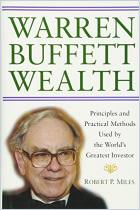









Comment on this summary or Начать обсуждение